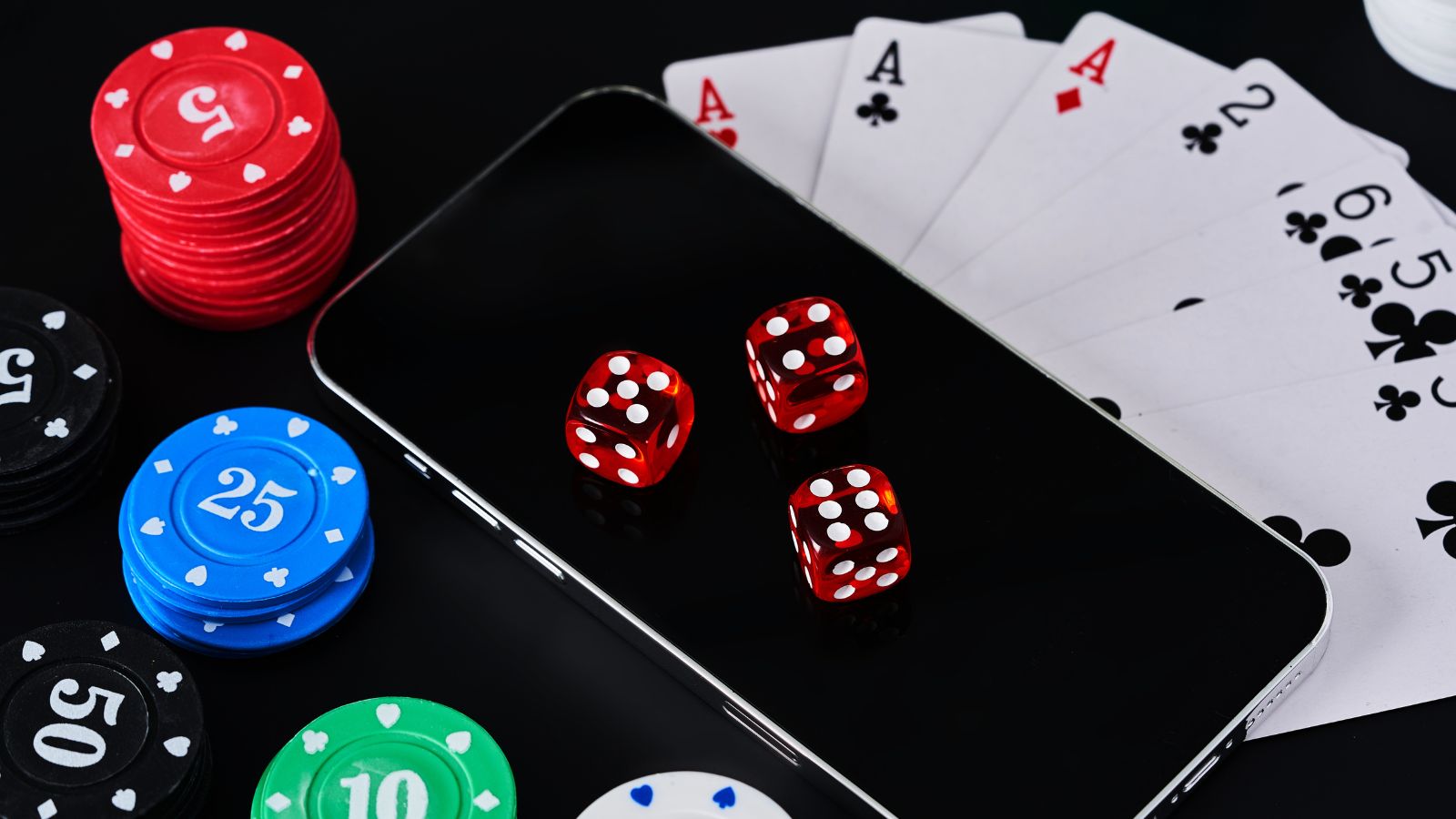
Casinos were once a niche pastime for those who could afford a trip to Las Vegas or Monte Carlo. But today, we encounter elements of gambling literally everywhere: from movies and TV series to mobile apps.
The entertainment industry has absorbed the aesthetics of the casino so organically that we often do not notice its influence. The glitter of roulette, the intense gaze of a poker player, the myth of the “jackpot” – these images have become cultural archetypes that shape our perception of risk and luck.
Hollywood and the Romanticization of Casinos
Starting in the 60s and especially in the 80s and 90s, Hollywood actively used casinos as a backdrop for drama, comedy, and thriller. Martin Scorsese’s Casino, Ocean’s Eleven, and Bond films have all made the atmosphere of gambling halls part of popular culture.
Why are casinos so often on screen? They provide a visual drive: lights, noise, bright costumes. This is a place where the fate of heroes is at stake, not just money. And also, casinos symbolize the “American dream” in miniature: anyone can hit the jackpot.
It is no surprise that after the success of Rain Man in the late 80s, the flow of tourists to Vegas increased. And this is just one example of how cinema used gambling to create a myth.
Mobile games and Casino Mechanics
Today, casino elements can be found even in applications that are not formally related to gambling. The so-called “loot box” (a box with prizes) in video games is essentially an analogue of a slot machine: the player pays or earns a chance and does not know what he will get.
In the reports of the European Commission, such mechanics are directly compared to gambling. Moreover, some countries, such as Belgium, are already restricting their use.
Casino elements in modern games:
- wheels of fortune in mobile applications;
- daily bonuses for “returning” to the game;
- bright visualization of winning or getting a rare item.
Music and Show Business: Gambling as a Metaphor
Casinos and gambling have long been part of musical symbolism. From Elvis Presley with his “Viva Las Vegas” to Lady Gaga, who uses images of roulette and cards in her videos.
Large concert shows in Las Vegas are a separate genre: Celine Dion, Britney Spears, Elton John made residencies in casinos. For the city, this has become a key source of income – it amounted to more than 40% of the revenue of large gambling complexes.
Online Casinos and New Aesthetics
The Internet has changed everything. Online casinos have stopped being copies of real halls and have started to create their own visual styles. Games with animation elements, plots, and musical accompaniment have appeared.
When you log in, for example, through the neo spin platform, you can see that modern casinos are no longer competing so much with traditional halls as with video games and streaming services. The atmosphere of interactivity, chat with the dealer, bonus missions – all this is more reminiscent of MMO games than a poker table from 70s movies.
Economic Impact
According to Statista, the global online gambling market will reach $95 billion in 2024. For comparison: this is more than the global income of the film industry in the same year.
What does this mean? Casinos have ceased to be a narrow sphere and have become part of the entertainment industry as a whole. They compete for the user’s attention on an equal basis with movies, TV series, games and social networks.
Criticism and Challenges
Of course, not everything looks rosy. The influence of casinos on popular culture also raises questions:
- Where is the line between entertainment and addiction;
- How correct is it to use casino game mechanics in children’s applications;
- How to regulate new formats like loot boxes.
 These discussions are taking place in the parliamentary halls of Europe and the USA, and it is obvious that the balance between business and responsibility will be sought for a long time.
These discussions are taking place in the parliamentary halls of Europe and the USA, and it is obvious that the balance between business and responsibility will be sought for a long time.
Conclusion: Casinos as a Mirror of our Culture
Casinos have ceased to be just a place to play for money. They have become a metaphor for risk and luck, a background for films and songs, part of the mechanics of video games and mobile applications.
The influence of this industry on the entertainment sphere is colossal. We are used to perceiving gambling elements as a natural part of media culture – from Vegas films to the “wheel of fortune” in a smartphone application.
And it looks like this trend will only get stronger: the boundaries between games, shows and excitement are being erased, and new formats are creating unique hybrids that are shaping the industry of the future.
